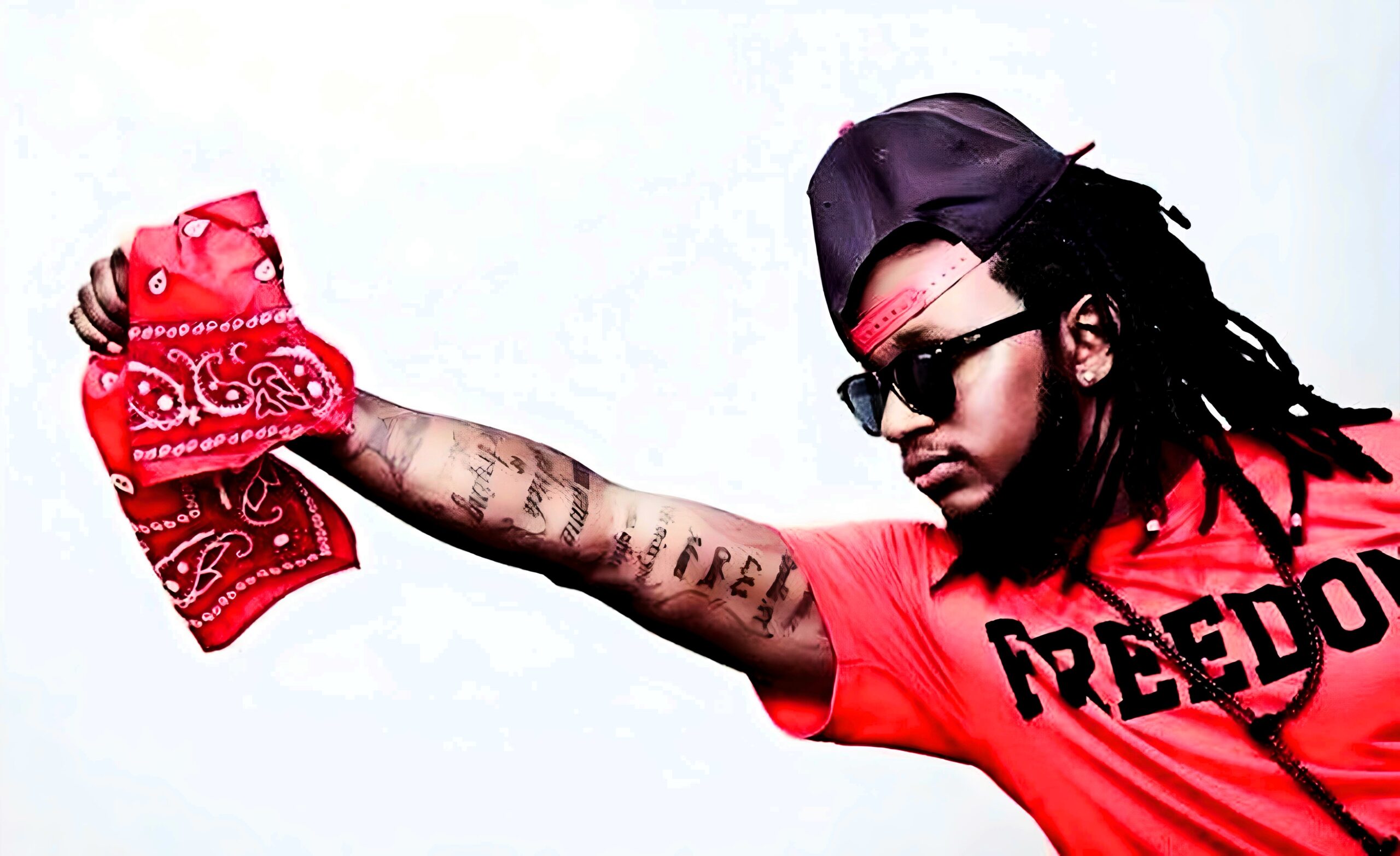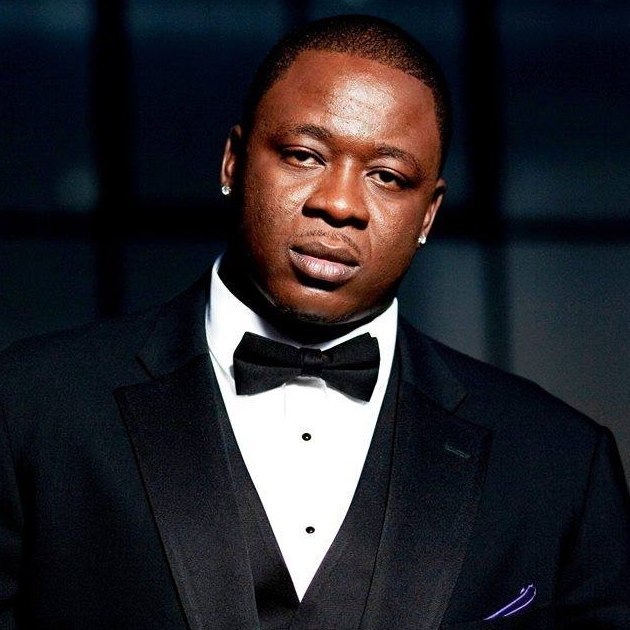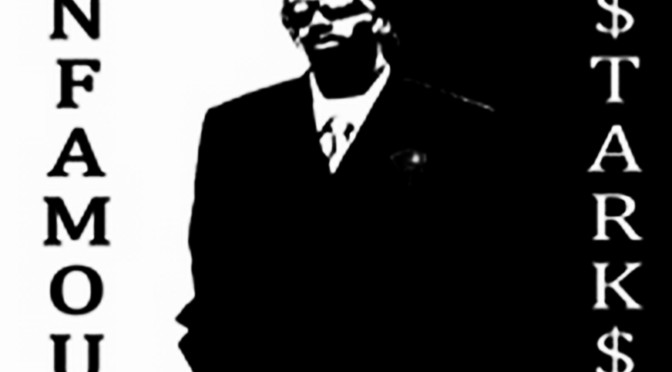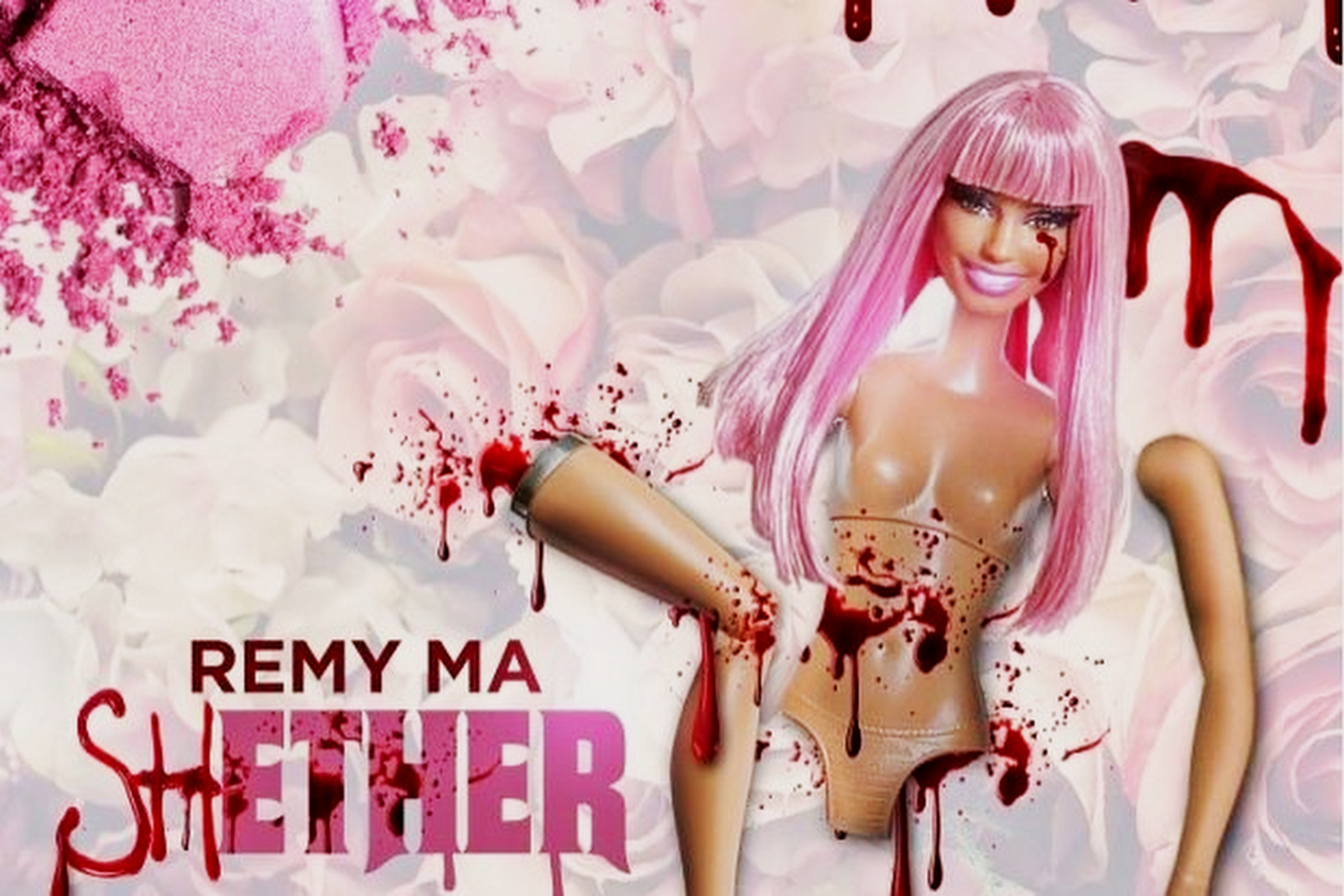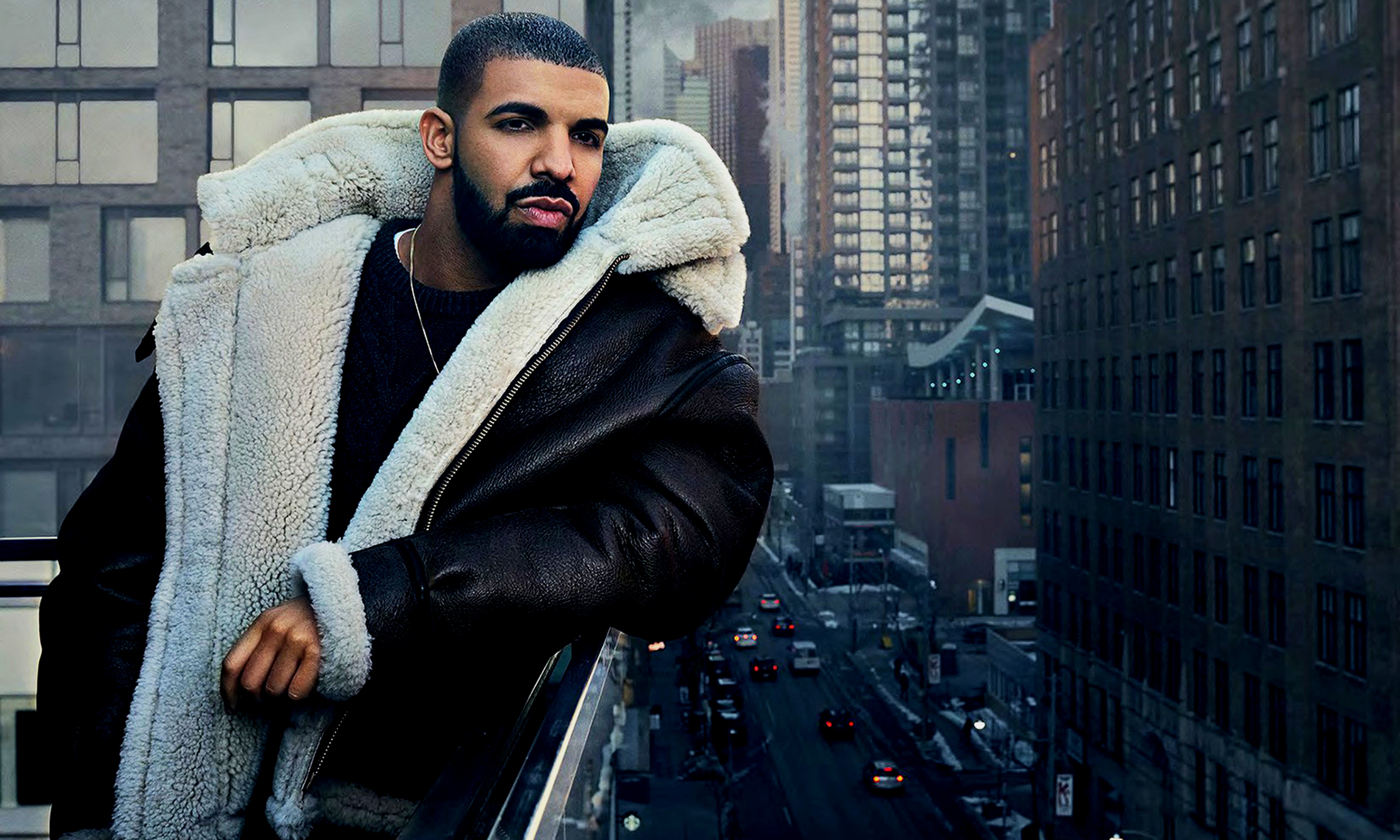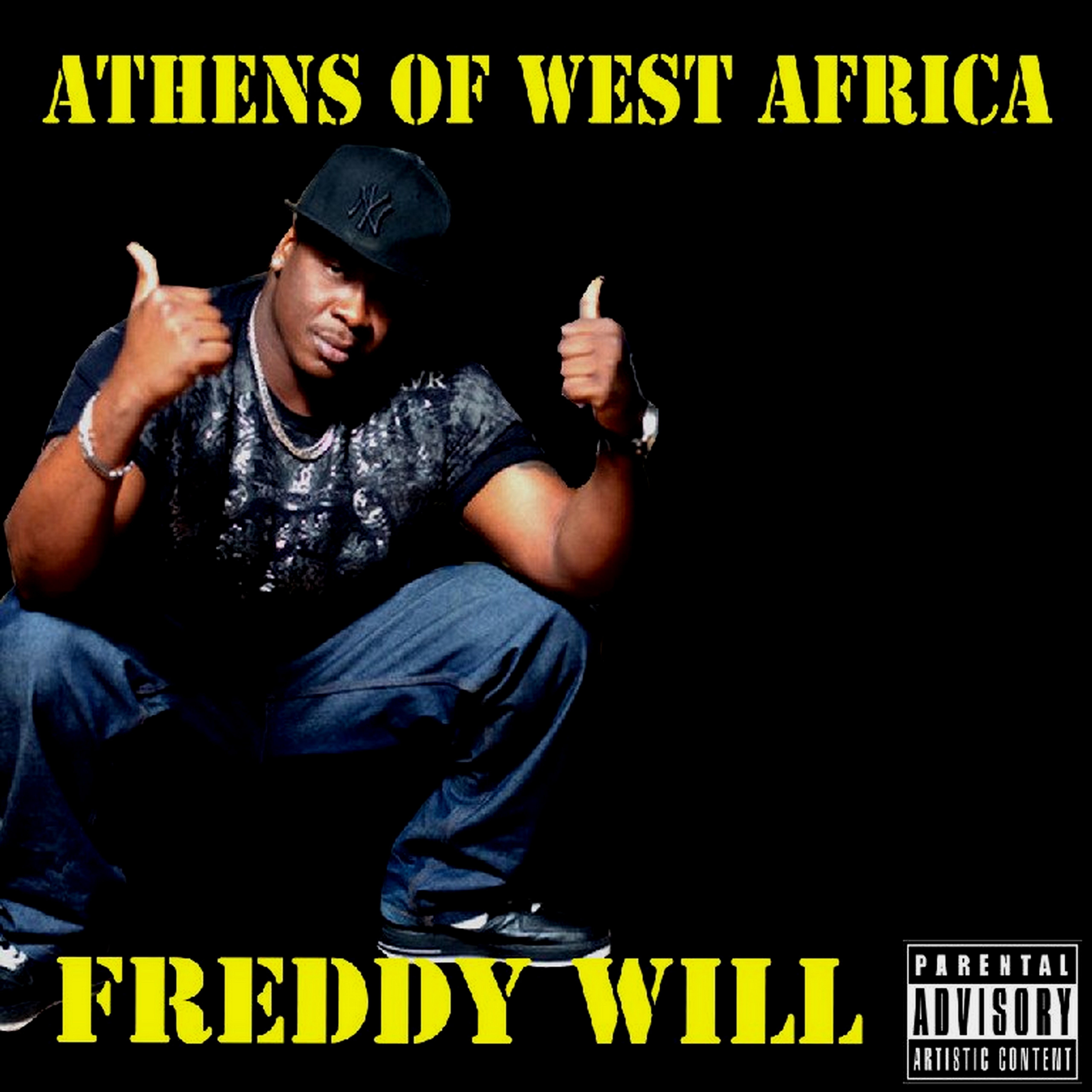King Boss LAJ is an enigmatic visionary from Sierra Leone. People often misunderstood him. However, he is an esteemed tycoon in the music industry. From the humble beginnings of hip-hop in the early 1990s, the question was not only about the country’s ability to produce a world-class emcee but also whether there would be others of the same caliber. Through his determination, LAJ has garnered a considerable fan base for his Red Flag brand in Sierra Leone and the diaspora. His ultimate goal was establishing Sierra Leone as the Hip Hop Mecca of West Africa. However, I do not suggest that King Boss LAJ has replaced any other artist. For Hip Hop to truly thrive in Salone, we need diverse options.
The most crucial aspect of Hip Hop Kulture is your knowledge of self.
Regardless of controversy in the media, the Red Flag Music frontman’s contributions to the growth of Sierra Leone’s music industry have not been unrecognized. LAJ’s influence extends beyond just music. He also significantly impacts the culture. LA has dedicated most of his time since 2009 to producing hit songs, performing at sold-out concerts, and mentoring young artists. He burst onto the scene with his popular track “Money Na Bank” and continued to gain attention with his highly successful album “Talk of Salone.” With a strong online presence, LAJ also garners support from the Diaspora community. I have always maintained that every artist walks their destined path – their musical journey.
King Boss LAJ’s inspiring performance on stage is a testament to his ability to connect with people through his art. For those unfamiliar, Hip Hop encompasses a way of life. It goes beyond just the music, as the most essential aspect of Hip Hop Kulture is self-awareness. Knowing oneself, staying true to one’s brand, and avoiding imitation of others, even for comparison. Boss LA and his RFM circuit have set the Sierra Leone and West African music scene ablaze since their debut in 2009. King Boss LAJ’s unwavering determination has solidified his position as one of the nation’s most prominent musicians, and he is on an impressive winning streak. Among his many songs, my personal favorite is “Tawa 4 U.”

Known as the “Godfather of Sierra Leone Music,” Jimmy B is a pioneering force in the country’s musical landscape. Alongside him stands Kao Denero, hailed as the “King of Freetown,” and Freddy Will (myself), known as the Sandmann, while King Boss LAJ reigns as a Titan. In Hip Hop, these artists shine brightly. Hip Hop can be a planetoid, with many satellites of different sizes orbiting around it, representing the evolution of music in the country and beyond. LAJ is a trailblazer in this musical and cultural planetoid, making his mark on Sierra Leone’s cultural landscape. From afar, I have witnessed his musical genius, even though he is the only stigmatized rapper in the country. But this hate only fuels his rise to stardom, showcasing his resilience and adaptability, both essential aspects of the culture he embodies.
Any illiterate listener could soon become wiser from merely learning…
In Sierra Leone, LAJ is more than just a star. He could be considered a planet. Like Titan, one of Saturn’s moons, which scientists often refer to as a planet, LAJ stands out among the many talents in this mysterious and sophisticated world. It’s easy to overlook the intricate details in his artistic expressions, with so much happening in our realm. But this artist and CEO infuses catchy tunes into his music and masterfully incorporates the rhythms of our cultural drumlines from the motherland. And don’t be mistaken, LAJ’s music is not devoid of the hardcore lyricism that defined the 1990s boom-bap hip-hop era. Although we are in the late 2010s, where rappers are more melodic, straight raps often resurfaces.
Regarding intellect, once again, it is worth noting that during several of LAJ’s interviews, he conveyed his thoughts clearly and eloquently, using the English language with precision. That may go unnoticed by those with a weak mindset. Still, it is essential to recognize that he is elevating the younger generation by acquainting them with the American speech patterns, which have become a dominant form of communication worldwide. Even an uneducated audience can benefit significantly from learning fluent American English, including all its colloquialisms and vulgarities. That is a source of empowerment for many artists. Since 2012, I have had the opportunity to attend interviews with DJ Jida Kizz from Airadio in Freetown, where our conversations focused primarily on motivating music promoters and organizers.
Jida and I aimed to inspire Sierra Leone to embrace celebrations and festivals that could serve as a platform for diverse art forms to flourish. Our inspiration came from my experience performing indie music in Canada and visiting the Caribbean Islands. We also spoke lengthily about my other article in the Cocorioko Newspaper, which discussed the necessity for a Ministry of Arts in the country. In that article, I highlighted the importance of nurturing and promoting different art forms (including culinary). I suggested the creation of distinct music genres to enhance the music industry in Sierra Leone. We hoped to inspire a thriving artistic community in the country and the diaspora with this approach.
If I could help to stop the public lynching and the social media publicized character smears campaigns on social media, it would bring…
As an illustration, what is the official designation for the genre of music that Lansana Sheriff performs? Do K-Man and Emerson produce similar musical styles? If Sierra Leone hip-hop does not utilize English or take inspiration from Funk, Jazz, Blues, or Soul, what label should we assign it? These resemble cultural transformations pioneered by Boss LAJ in the Sierra Leone Hip Hop scene. Let me emphasize that music is just one element of our Kulture. We also have other areas like fashion, cuisine, language, self-awareness, entrepreneurship, etc. These are concepts that Hiphoppas must cultivate as the Kulture evolves within the region. The distribution of art is also a vast and complex business endeavor.
In 2010, LAJ was a freshman when he participated in the Sierra Leone Music Television (SLMTV) Awards ceremony in Maryland, USA, as reported by Sierra Express Media. I am not here to critique his controversies but to focus on dispelling his rumors and contentions since then. Unfortunately, LA has faced frequent assaults while partying at various nightclubs, resulting in his arrest and imprisonment on multiple occasions. King Boss LAJ has noted these incidences in an interview with The Phebe Swill Platform. He expressed his desire to end the public defamation and character assassinations that have turned him into a societal and political scapegoat. If I could assist in stopping his public lynching and the malicious smear campaigns on social media, it would bring me great satisfaction. We, as a community, must move on.
LAJ is leading the way in how artists should handle interviews that stray from discussing their music. I have noticed a trend of biased questioning in many of his interviews, where the focus is rarely on his accomplishments and business ventures. Instead, interviewers often go into the legality of his dealings and even pressure him to reveal personal information, such as his relationship status. Because LAJ spends time in Sierra Leone, some may question his financial stability. However, in a highly competitive industry where many successful artists have chosen to naturalize abroad, why should it be seen as a problem for LAJ to prefer his own country or not display signs of financial struggle?
There is always room to grow. Ultimately, LA is a proud Sierra Leonean and should be free to live and work wherever he chooses without judgment. While some artists are granted visas to travel abroad, others hold permanent residency in the US, Europe, or Australia. That has led critics to spread rumors that continued presence in Sierra Leone hinders career progress. However, we should shift our perspective. LAJ’s unwavering presence is a testament to his success as a role model for other artists. He proves that with a deep understanding of their craft, artists can thrive in Sierra Leone without having to leave. While he may want to travel at some point, it should be on his terms and not influenced by critics’ opinions. As his fellow countrymen and women, respecting his privacy and supporting his choices is essential.
Yet, the King Boss LA never fall short of producing one hit…
It is remarkable to see how the Sierra Leone Music industry has been revolutionized by staying true to one’s roots. Superstars can emerge and thrive within the country itself without the need to seek fame abroad. Notable figures like Emerson, Lansana Sheriff, and K-Man gained popularity before venturing outside their homeland. LAJ, however, has taken this idea to new heights by demonstrating that success can be achieved right here in Sierra Leone. That is truly commendable! But what if we remove the adverse reports and focus solely on his decision to remain in his home country? Could it be possible that the leader of RFM may become a target of physical, verbal, or emotional attacks?
Perhaps the violence he has faced is a result of defending himself and his beliefs. If I were to find myself in such a situation, I would not hesitate to stand my ground. The accusations of anger, abuse, or criminal behavior are most likely orchestrated to tarnish his reputation. Is this gifted rapper and songwriter facing numerous challenges that could potentially end his career? Despite this, King Boss LAJ continues to churn out hit after hit. He has filled the National Stadium with adoring fans and can quickly fill banquet halls worldwide in the diaspora. I see people constantly scrutinizing and passing judgment on every aspect of his life – from his actions to his loyalties to his political decisions during recent elections. Yet, no one acknowledges his resilience in the face of such relentless opposition.

His call for peace and serenity is repeatedly heard as he advocates for his side of the story. Through his social media videos, LAJ imparts guidance and strives to transform others’ mindsets. He rarely boasts, often highlighting the disparity between perception and reality in his parallel. LAJ has provided a platform for numerous up-and-coming musicians to kickstart their humble careers. He signs fresh talent to his label and aids them in fostering a connection with his audience. He is a revered figure in Salone’s cultural and musical landscape. When discussing the progress of Hip Hop in Sierra Leone, some fans were perplexed when I mentioned Kao Denero as part of this generation’s Salone Hip Hop scene.
Similarly, I applied this concept to King Boss LAJ and Yok 7. My purpose was to showcase the evolution of Salone Hip Hop since 1990. Over the years, certain rappers have achieved success in multiple eras – for instance. Many Hiphoppas highly respected Shadow Boxxer during the forgotten era of 1992. In 1995, Jimmy B dominated the scene. Then, in 1999, it was Abu White‘s time to shine. As reported by Sierra Express Media, LAJ, as a freshman, received a nomination for the “Best Hip Hop” category at the 2010 SLMTV Award Show alongside Black Spoon, Problem M, Kao Denero, and Shadow Boxer. These artists represented our generation of artists, with Kao Denero as the veteran and LAJ as the rising talent.
Every musician belongs…
We should consider all musicians who have endured and are still actively creating music and performing as part of this current generation, at least technically. In 2010, we were honored with a Grammy nomination from the Recording Academy during our time in Toronto, Canada. A similar scenario applied to 2019, where Kao and LAJ are now the most influential musicians from Sierra Leone. Shadow Boxxer, active in the ’92 period, returned in 2010 when he was nominated alongside Kao and LAJ by SLMTV. It can be said that he has persevered through the changing times. And now, here we all are in 2019, as some of our accomplished musicians, each with unique journeys and achievements.
I did not intend any disrespect with my statement about the need for Sierra Leoneans to change their mindset. We must remember our humble beginnings, connect the dots, and appreciate each other’s achievements. As free-spirited people, we often follow trends without fully understanding their origins. It is unfair to assume that praising one rapper means disregarding another. In reality, a rapper who has adapted their style and continued to release music successfully belongs. Kao Denero has maintained the longest streak since his debut in the mid-2000s and continues to do so in 2019. That might be one of his reasons for fiercely defending his position. Regardless, we are one generation of musicians.

Over the past decade, various eras have been since LAJ rose to prominence. During his active years, he covered all ages, solidifying his place. However, he did not debut during this time, but he rightfully belongs here. That is the message I am conveying. The mindset must shift in Sierra Leone if we want to elevate our performing arts from a mere sector to a thriving industry. That entails altering how we treat one another. One of the crucial steps towards achieving this is establishing a chronological order of all the artists, past and present. Regardless of their birthplace or the genre of music they perform, we must rally behind every Sierra Leonean artist. Furthermore, we must show appreciation for our art.
Instead of focusing on the negative rumors that have damaged LAJ’s reputation and led to discrimination against him, we must seek out the positive qualities in people, such as himself, and consciously evolve our mindset. We highlight the good in people, and we inspire them to do better. That is why I have named these blogs “The Evolution of Hip Hop in Sierra Leone” and will publish them for all to read. I will also include them in the final volume of my book series, “The Sandmann’s Journal,” as a reminder of the importance of documenting historical information. Sierra Leoneans cannot forget about our musicians who introduced Sierra Leone to the world, as nearly happened with the previous generation.
Many of our artists have been forgotten because they were never documented in the official records. If you were to inquire a Sierra Leonean about the Kabba Brothers, their names might not even ring a bell. Most may not recall Dr. Olor, and many Sierra Leonean Hiphoppas need to learn about Say Say Moody. Many Sierra Leoneans must remember cultural figures like Natty Dave, Minkhailu, and David Usman. Our mindset needs to shift; we must learn to value the artists who represent us. Some question the contributions of LAJ to Sierra Leonean music. However, each artist has their unique circumstances and story. LAJ is teaching us the virtue of resilience and how to thrive amidst challenges. That is crucial.
Someone who would have been nobody…
King Boss LAJ is a vital figure in the development of music in Sierra Leone. Unfortunately, his controversies often overshadow his possible good intent and achievements. Some might even agree that he has transcended hip-hop. Instead of waiting for him to fail so we can spread gossip and celebrate, we should offer an olive branch. If you believe he cannot travel abroad due to immigration issues, take action to make it possible. Rather than having individual artists launch their shows and tours, we should organize international events and tours. An independent organization can spearhead the planning and promoting Hip Hop festivals and worldwide tours for all Salone artists to showcase their talents.
That is what our industry needs. That is how we open doors for individuals through effective public relations. Reflecting on the journey of LAJ, I am struck by its legendary nature. Despite living abroad with forged documents and ultimately facing deportation, we should view him as a genius rather than a criminal if these reports are accurate. He defied the odds and entered the United States, building a successful career as one of Sierra Leone’s top musicians. His story is remarkable. Even when facing numerous challenges, including discrimination and controversies, he created a platform for other artists to launch their careers. As a teenager, I wish I had a boss like him in our home country of Salone.*
